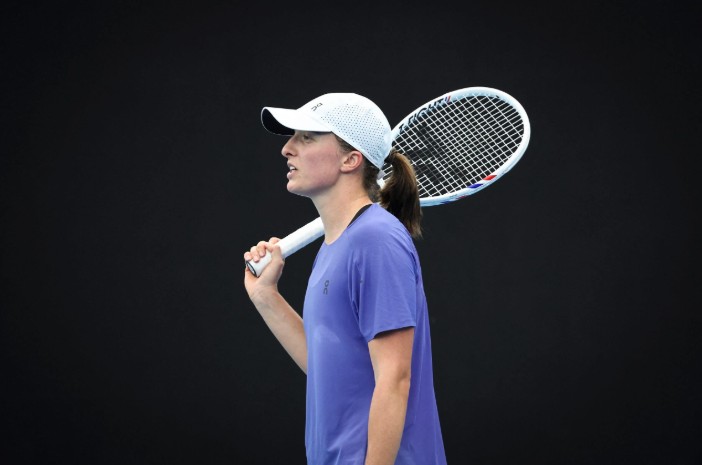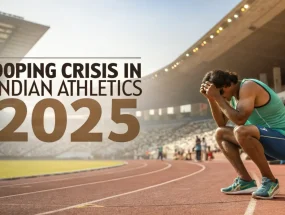Tennis Under Scrutiny: Doping Scandals Involving Sinner and Świątek
927 views, 03.02.2025
The world of professional tennis has recently been rocked by doping allegations involving two of its top-ranked players, Jannik Sinner and Iga Świątek. These cases have ignited debates on anti-doping regulations, transparency, and the fairness of imposed sanctions. While Sinner faces a potential two-year suspension, Świątek has already served a one-month ban, prompting mixed reactions from fans and analysts. The controversies surrounding their cases raise concerns about the integrity of the sport and the future of these high-profile athletes.
Jannik Sinner’s Doping Allegations
In March 2024, Jannik Sinner, the rising Italian star and World No. 1, tested positive for clostebol, an anabolic steroid banned by the World Anti-Doping Agency (WADA). The International Tennis Integrity Agency (ITIA) initially decided not to suspend him, stating that the positive test likely resulted from accidental contamination via a prescribed medical spray. However, WADA has contested this ruling and is demanding a two-year ban, escalating the case to the Court of Arbitration for Sport (CAS).
If the CAS upholds WADA’s request, Sinner could miss major tournaments such as Roland Garros and Wimbledon in 2025, significantly affecting his career trajectory. While his legal team insists on his innocence, citing lack of intent and contaminated medication, the tennis community remains divided on whether his punishment should be more severe.
Iga Świątek’s Doping Suspension
Polish Grand Slam champion Iga Świątek was also caught up in a doping scandal after testing positive for trimetazidine (TMZ) in August 2024. The ITIA determined that the banned substance entered her system through a contaminated melatonin supplement, which she had used to combat sleep disorders. As a result, she accepted a one-month suspension, which she served in December 2024, before returning to professional competition.
Świątek’s case sparked controversy, as critics argued that other players facing similar violations received harsher punishments. However, the ITIA ruled in her favor, emphasizing the low levels of the substance detected and lack of performance-enhancing intent. Unlike Sinner’s case, WADA chose not to appeal the ruling, allowing Świątek to resume playing without further legal proceedings.
Comparative Analysis of the Cases
Both doping cases have drawn significant attention, yet they have been treated differently by governing bodies. The table below highlights key details:
| Player | Substance | Date of Positive Test | Sanction Status | Upcoming Hearing Date |
|---|---|---|---|---|
| Jannik Sinner | Clostebol | March 2024 | Potential 2-year ban | April 2025 |
| Iga Świątek | Trimetazidine | August 2024 | 1-month suspension | N/A |
The Impact on Tennis and Anti-Doping Regulations
These scandals have led to growing concerns over inconsistencies in the application of doping penalties. While Świątek’s case resulted in a minor suspension, Sinner faces the possibility of a lengthy ban. Critics argue that tennis lacks uniformity in enforcing anti-doping rules, with subjective interpretations playing a major role in determining the severity of penalties.
Additionally, both cases have intensified calls for greater transparency in anti-doping investigations. The fact that WADA appealed against Sinner but not Świątek has led to speculation about biases in decision-making. As CAS prepares to issue its final ruling on Sinner’s case, the tennis world eagerly awaits a decision that could set an important precedent for future doping violations.
Conclusion
The recent doping controversies involving Jannik Sinner and Iga Świątek have cast a shadow over professional tennis, raising questions about the fairness and consistency of anti-doping regulations. While Świątek’s one-month suspension was met with skepticism, Sinner’s potential two-year ban could reshape the competitive landscape of men’s tennis. Regardless of the outcomes, these incidents highlight the need for clearer, standardized doping policies to ensure fairness and integrity in the sport.





